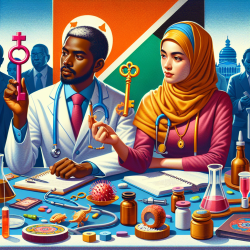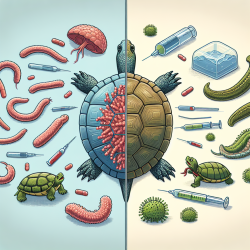Introduction
The provision of sexual health care to men who have sex with men (MSM) in Tanzania presents unique challenges due to cultural, legal, and clinical factors. A recent qualitative study published in BMC Public Health explores these challenges from the perspectives of health professionals and students. This blog will delve into the key findings and offer actionable insights for practitioners looking to enhance their skills and understanding in this crucial area.
Understanding the Challenges
The study, conducted in Dar es Salaam, involved 121 health care professionals and students from fields such as midwifery, nursing, and medicine. It highlighted the sensitivity required in managing cases like rectal gonorrhea in MSM, given the illegal status of homosexuality in Tanzania. Health professionals expressed uncertainty about whether such cases should be reported to authorities, reflecting a significant barrier to effective care.
Key Findings
- Need for Training: There is a critical need for training health students and professionals on sexual health issues, including accurate information on homosexuality and clinical management within the legal and socio-cultural context of Africa.
- Professionalism and Confidentiality: Establishing rapport, ensuring confidentiality, and maintaining professionalism are essential when treating MSM patients.
- Barriers and Attitudes: Health professionals' personal attitudes, influenced by socio-cultural norms, often act as barriers to providing care to MSM. This highlights the need for training that addresses these biases.
Actionable Insights for Practitioners
To improve outcomes for MSM in Tanzania, health practitioners should consider the following strategies:
- Engage in Continuous Education: Participate in training programs that focus on sexual health, cultural competence, and legal considerations specific to MSM.
- Foster an Inclusive Environment: Create a welcoming and non-judgmental atmosphere in clinical settings to encourage MSM to seek care without fear of discrimination.
- Advocate for Policy Changes: Support initiatives that aim to decriminalize homosexuality and reduce stigma, thus improving access to health services for MSM.
Encouraging Further Research
While this study provides valuable insights, further research is needed to explore the experiences of health care providers in rural areas and to develop comprehensive training curricula that address the unique needs of MSM in Tanzania.
To read the original research paper, please follow this link: Cultural and clinical challenges in sexual health care provision to men who have sex with men in Tanzania: a qualitative study of health professionals’ experiences and health students’ perspectives.










